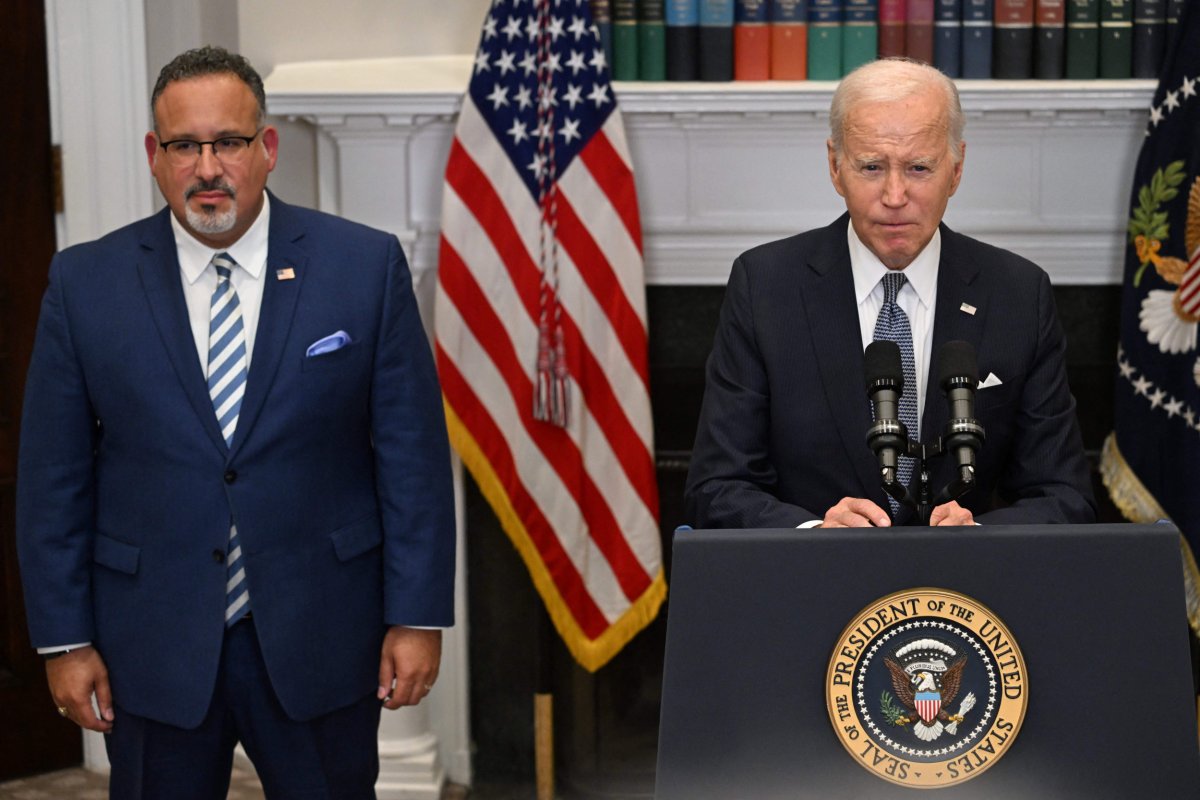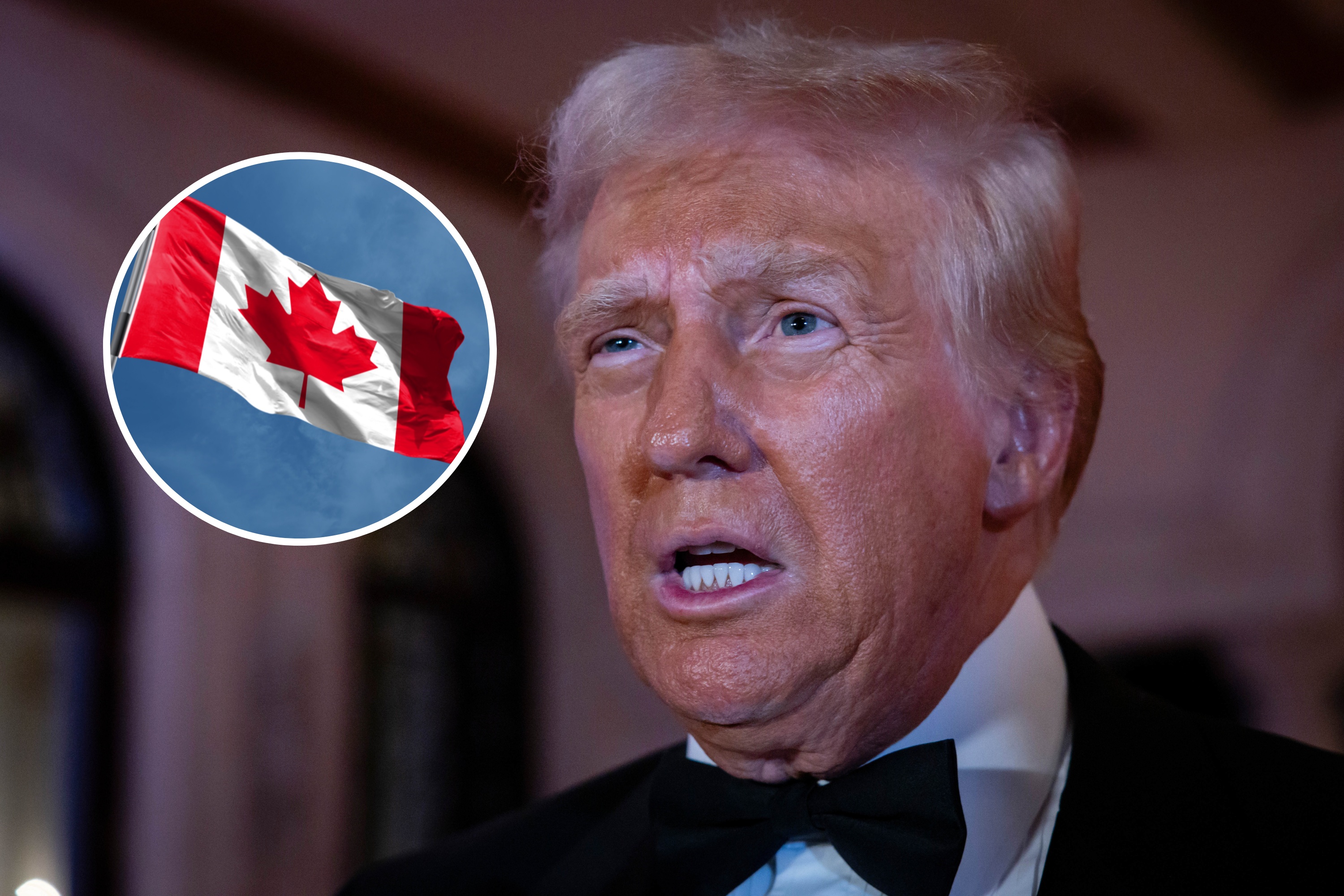Government-mandated payment pauses and extensions are set to come to an end in early 2025. Borrowers will soon resume making monthly student loan payments, and some may be looking to find ways to pay off student loan debt faster.
Why It Matters
According to a Q3 2024 household debt and credit report from the Federal Reserve Bank of New York, student loan balances now stand at $1.61 trillion. The average student loan balance in 2023 was $37,853, and polls indicate that people are putting off buying a home, getting married and having kids because of this burden.

What To Know
Paying off student loans quickly can open up more capital to put toward other financial goals.
"The key reason to pay off student loans quickly is cost—high or variable interest rates can cause debt to grow uncontrollably, making repayment even more challenging." Kevin Thompson, finance expert and founder/CEO of 9i Capital Group, told Newsweek.
Borrowers have complained about the piling up of interest on loans, making it harder for them to pay their debt, and paying off student loans faster will reduce the interest that accumulates over time.
Make Extra Payments
Allocating extra money toward student loan payments is one way to pay off student loans faster. Tax refunds, money from side hustles and monetary gifts are just a few sources of extra funds that borrowers can use to help pay down debts.
"Start treating this debt seriously and add any additional amount you can at the end of each month to pay these loans back quicker." Alex Beene, financial literacy instructor for the University of Tennessee at Martin told Newsweek.
Prioritize Loans With Higher Interest Rates
Student loans, or any consumer lending product, with a higher interest rate will likely be the most expensive over time due to added interest charges. Prioritizing payment of student loans with higher interest rates could lead to savings and a quicker payoff timeline since the most expensive debts would be eliminated first.
"I would prioritize private loans over federal loans because private normally have higher interest rates and fewer protections," said Kevin Thompson, finance expert and founder/CEO of 9i Capital Group. "I would make unsubsidized loans a priority as they accrue while in school and during deferment. Lastly, if you have a variable rate loan, I would prioritize that over a fixed rate loan due to the unpredictability of interest rates and overall cost to carry the loan."
Sign Up for Auto Pay
Setting an automatic payment on your student loans ensures that you never miss a payment due date. Additionally, according to Federal Student Aid, some loan servicers may offer interest rate discounts in exchange for signing up for automatic payments. A lower interest rate could make your repayment timeline quicker since you'll be adding on less interest.
What People Are Saying
Alex Beene, financial literacy instructor for the University of Tennessee at Martin, told Newsweek: "The unfortunate reality for most student loan holders is they have a significant amount of student loan debt that results in a monthly payment difficult to handle when adding in the countless other expenses they have. The average amount of student loan debt is now hovering in the $30,000 to $40,000 range, meaning monthly payments are anywhere from $300 to $500 a month. When you add that to rent, transportation, groceries, and any other necessary bills, it's easy to see why so many are struggling to get their student debt under control. And with interest rates on student loans having risen in recent years, it makes the task even harder."
Michael Lux, an attorney and founder of Student Loan Sherpa, told Newsweek: "There isn't one single issue that makes student loan repayment a challenge for borrowers. While we are in school, it can be really hard to understand the consequences of borrowing decisions and the impact it will have on our lives. People assume that they will find jobs after graduation that will make the debt affordable, but it doesn't always work out that way. I remember a classmate in law school joking that it was Monopoly money because the numbers were huge and it didn't seem real."
Kevin Thompson, finance expert and founder/CEO of 9i Capital Group, told Newsweek: "The most common challenge is high interest rates. Many borrowers make only the minimum payments, only to see their loan balance grow instead of shrink due to accumulating interest. This can make repayment feel overwhelming and endless."
Dr. Nick Hillman, school of education professor and director of the Student Success Through Applied Research Lab (SSTAR) at the University of Wisconsin-Madison, told Newsweek: "Leaving college with debt but no degree is one of the biggest factors that makes it hard to repay loans. Say a student borrows $10,000 for college but then has to leave before earning a credential. They don't have the degree to show for it, but they have the debt. This can make it really hard to get established in the labor market and, as a result, to stay on top of monthly loan payments."
What Happens Next
With strategic planning, paying off student loans faster is possible for many borrowers. Ensure you know your student loan servicer and contact them with any questions about repayment. If you have federal loans, visit studentaid.gov for more information on repayment plans, forgiveness options and more.




















 English (US) ·
English (US) ·